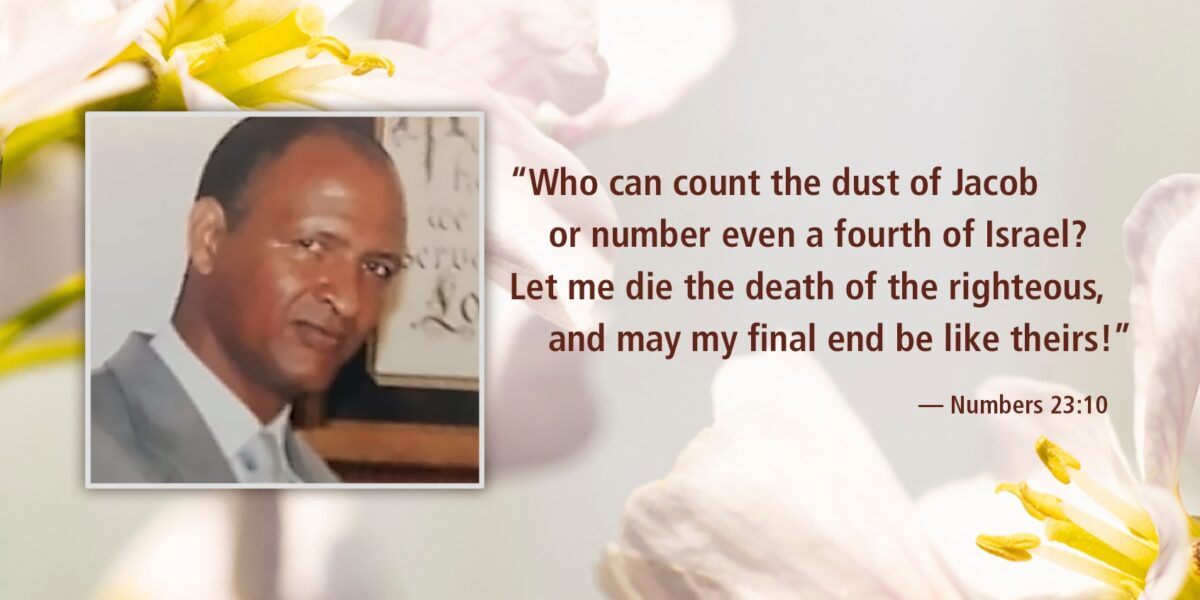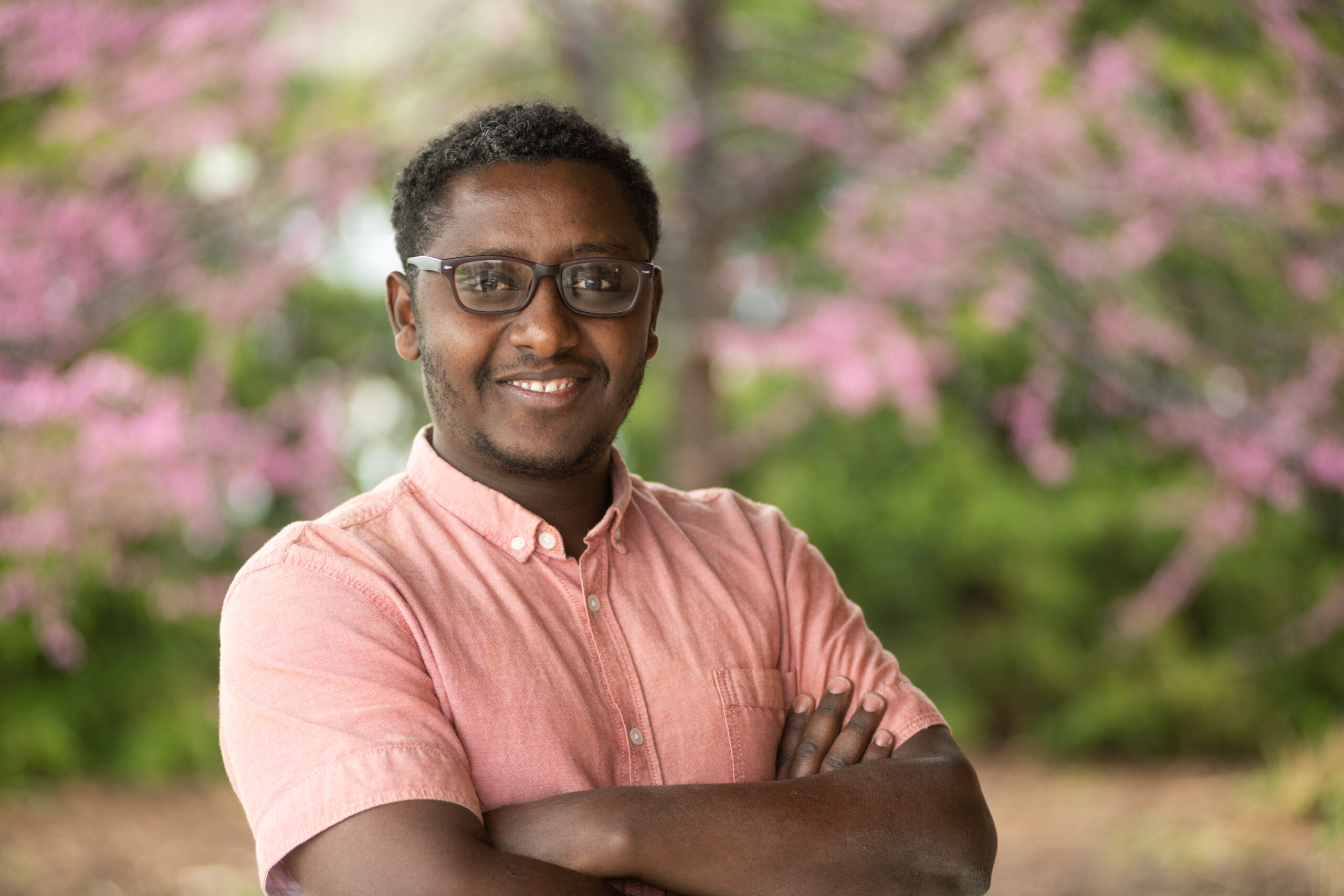Tesfay Siyum, a pastor and one of the founders of the Meserete Kristos
Church in Eritrea, spent 10 years in jail for his faith. When he died, he was refused a prompt burial.
I wasn’t able to fall sleep on April 19 until I wrote this blog, expressing my deep sadness about the suffering Pastor Tesfay Siyum and his family experienced. Pastor Siyum was one of the founders of Meserete Kristos Church in Eritrea and a 1990 graduate of Meserete Kristos Seminary in Ethiopia. He was in his 60s, married and the father of one child. He was also one of the many Christians in Eritrea who have been persecuted for their faith.
Pastor Siyum spent 10 years in prison before being released just two months before his death. He received treatment at Dembe Sembel Hospital in Asmara, Eritrea’s capital city, but died April 8. He was refused a burial until April 22, despite the cultural practice of burying people as soon as possible after death. Only eight people were able to be present at his interment in the Hazhaz Public Cemetery in Asmara.
The Eritrean government recognizes only three church denominations — Ethiopian Orthodox Tewahedo, Catholic and Evangelical Lutheran — as well as Sunni Islam. Followers of other religions are subject to arrest, deportation and isolation. This policy creates a hostile environment for believers who practice their faith in non-state-approved ways. They risk discrimination, violence and imprisonment.
Reading the news about Pastor Siyum’s persecution reminded me of my experiences, having grown up in a similar context, in Ethiopia. My mother was the first person in our household to convert to Christianity. She attended a secret prayer group in a variety of her friends’ houses, because openly expressing one’s faith was dangerous. My father, who passed away when I was in the fourth grade, was a highly religious man and used to go to the local Ethiopian Orthodox Tewahido church in the morning, but he also drank alcohol heavily in the afternoon.
During my childhood and youth, openly proclaiming the gospel was impossible. You could only say that you were a Christian, which meant that you were a member of the Ethiopian Orthodox Tewahido Church. If you claimed to be a follower of Christ and associated with any other church, you would be cast out from all forms of social connection. People might be violent towards you, spit on you and call you trash. My dad used to beat my mom every time she went to attend a prayer time. You could not defend yourself or seek help from local authorities, since the sentiment was the same from bottom to top. People would often ask, "If you’re Pente — a derogatory term for “Pentecostals” that included all radically lived-out expressions of the Christian faith — where will you be buried? Who will come to your house for the funeral service and mourn for you?"
When I grew older and moved to Nazareth, Ethiopia, I started attending the local Meserete Kristos church. In this setting, I experienced a community of believers with whom it felt safe to talk about my mom’s conversion. Finally, I also joined the local Meserete Kristos church and started sharing my faith with others.
It is disheartening to learn that people like Pastor Siyum still suffer in prison for years because of their faith. What’s even more troubling is that he could not be buried in a proper place, because he did not belong to a state-recognized religion.
The story of Pastor Siyum’s life and death is a poignant reminder of the ongoing persecution of Christians in Eritrea and other parts of the world. It is essential to raise awareness about this issue and advocate for the protection of religious freedom and human rights for all. As believers, we must continue to support and pray for those who face persecution, even if we are not directly affected.
In Numbers 23:10, Balaam blesses the Israelites, affirming that God’s blessings on them cannot be overturned by human actions.








